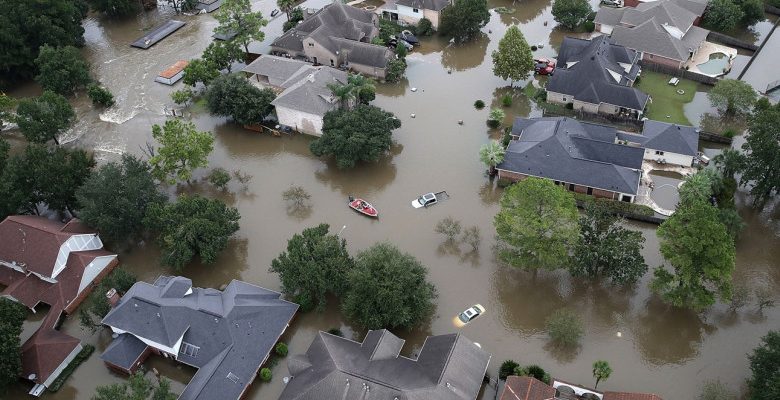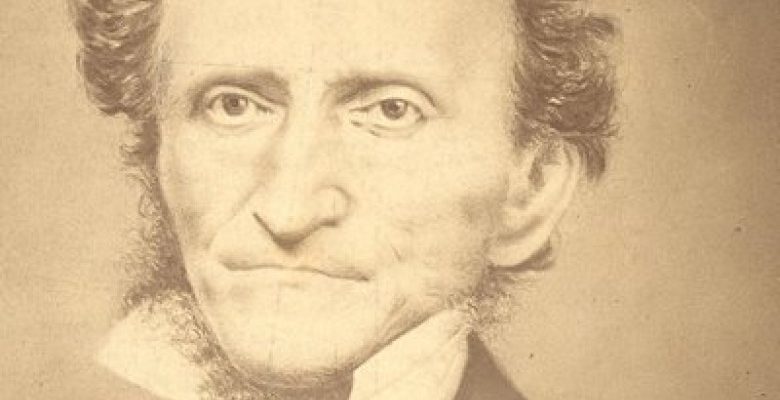“Faithful churches cultivate character.” Thus writes Concordia Seminary Professor Joel Biermann in his book, A CASE FOR CHARACTER: Towards a Lutheran Virtue Ethics. 1 Rev. Dr. Biermann recounts how Lutherans are unfairly portrayed as soteriological reductionists pitting law and gospel against one another. Some critics say Lutheran theology and ethical teaching simply don’t fit together. Biermann admits some Lutheran preachers have indeed spent too little pulpit time on clear Scriptures regarding how we Christians ought to live. Dr. Biermann’s prescriptions for re-emphasizing our Lutheran Confessions’ solid commitment to character and virtue ethics are valuable. His book’s message is also timely as we witness widely-known men losing leadership positions due to their wrongful actions toward women as revealed via the #metoo movement. Joel reminds fellow pastors, “Christian people need to be trained in virtue. A noble character does not simply happen.” He also believes community can still shape and sustain a









